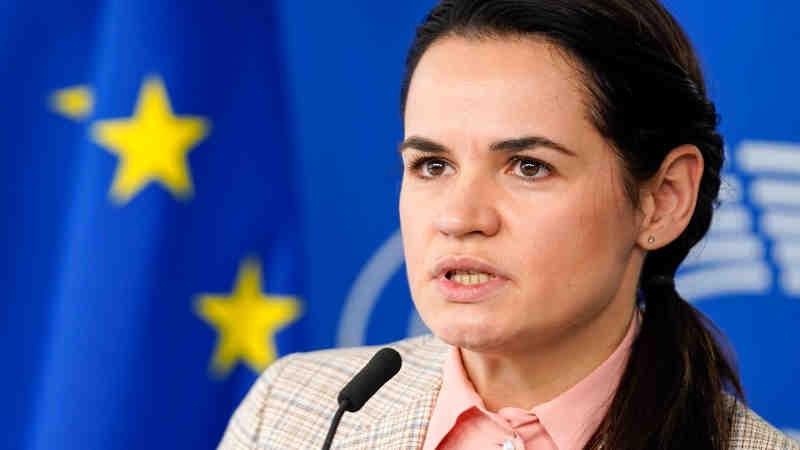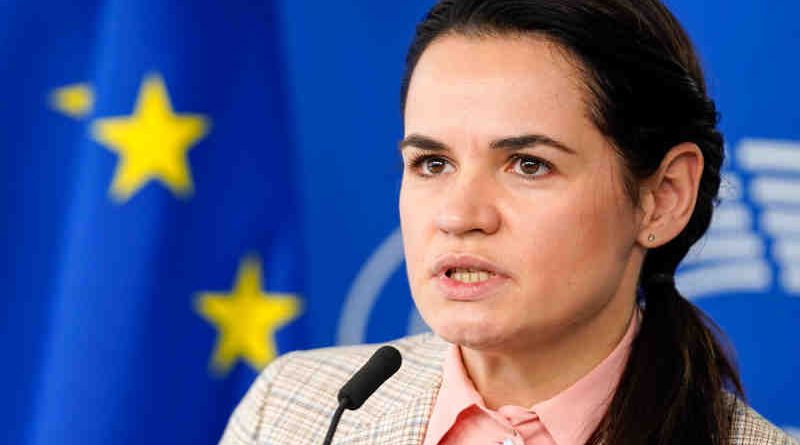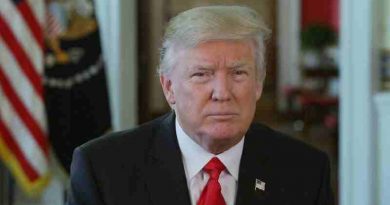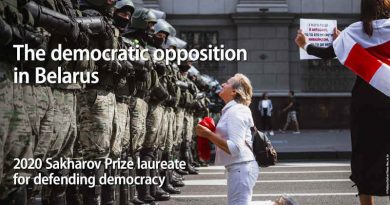EU Imposes Sanctions for Election Fraud in Belarus

The EU move is supposed to extend support to pro-democracy protesters in Minsk and restore democracy in the East European nation.
By Rakesh Raman
After weeks of dithering, the European Union (EU) has finally decided to impose sanctions on Belarus for election frauds that led to the re-election of president Alexander Lukashenko.
The EU leaders broke the diplomatic stalemate Friday to issue sanctions against nearly 40 officials accused of rigging the August’s presidential election in Belarus.
The EU move is supposed to extend support to pro-democracy protesters in Minsk and restore democracy in the East European nation. Reuters quoted German Chancellor Angela Merkel who said it is an important signal that the EU is taking action against those who stand in the way of democracy.
While Britain and Canada have already imposed sanctions on Minsk to show their support for pro-democracy demonstrations in Belarus, the EU decision was getting delayed.
Last month, September, Belarusian opposition leader Sviatlana Tsikhanouskaya had urged MEPs (Members of European Parliament) to continue supporting the creation of a new Belarus “admired by the world.”
In her address to Members of the Foreign Affairs Committee and Subcommittee on Human Rights, Ms Tsikhanouskaya reiterated that the ongoing Belarusian uprising is not a “geopolitical revolution, it is neither pro-Russian nor anti-Russian, not pro-EU nor anti-EU, it is simply pro-Belarus and a democratic revolution.”
In August, Russian President Vladimir Putin had extended military support to Belarusian leader Alexander Lukashenko, as protests had intensified in Belarus against Lukashenko’s re-election.
Ms Tsikhanouskaya underlined that a new Belarus has emerged since the summer, led by women, which will seek to become a “reliable partner”, based on the rule of law, and respected by the world.
In a statement issued Thursday (October 1), the European Council condemned the violence by Belarusian authorities against peaceful protesters, as well as intimidation, arbitrary arrests, and detentions following the presidential elections.
The Council reiterated that it does not accept the results of the elections and favors the demand of the Belarusian people to elect their President through new free and fair elections, without external interference.
The European Council also called on the Belarusian authorities to end violence and repression, release all detainees and political prisoners, respect media freedom and civil society, and start an inclusive national dialogue.
By Rakesh Raman, who is a national award-winning journalist and social activist. He is the founder of a humanitarian organization RMN Foundation which is working in diverse areas to help the disadvantaged and distressed people in the society.






